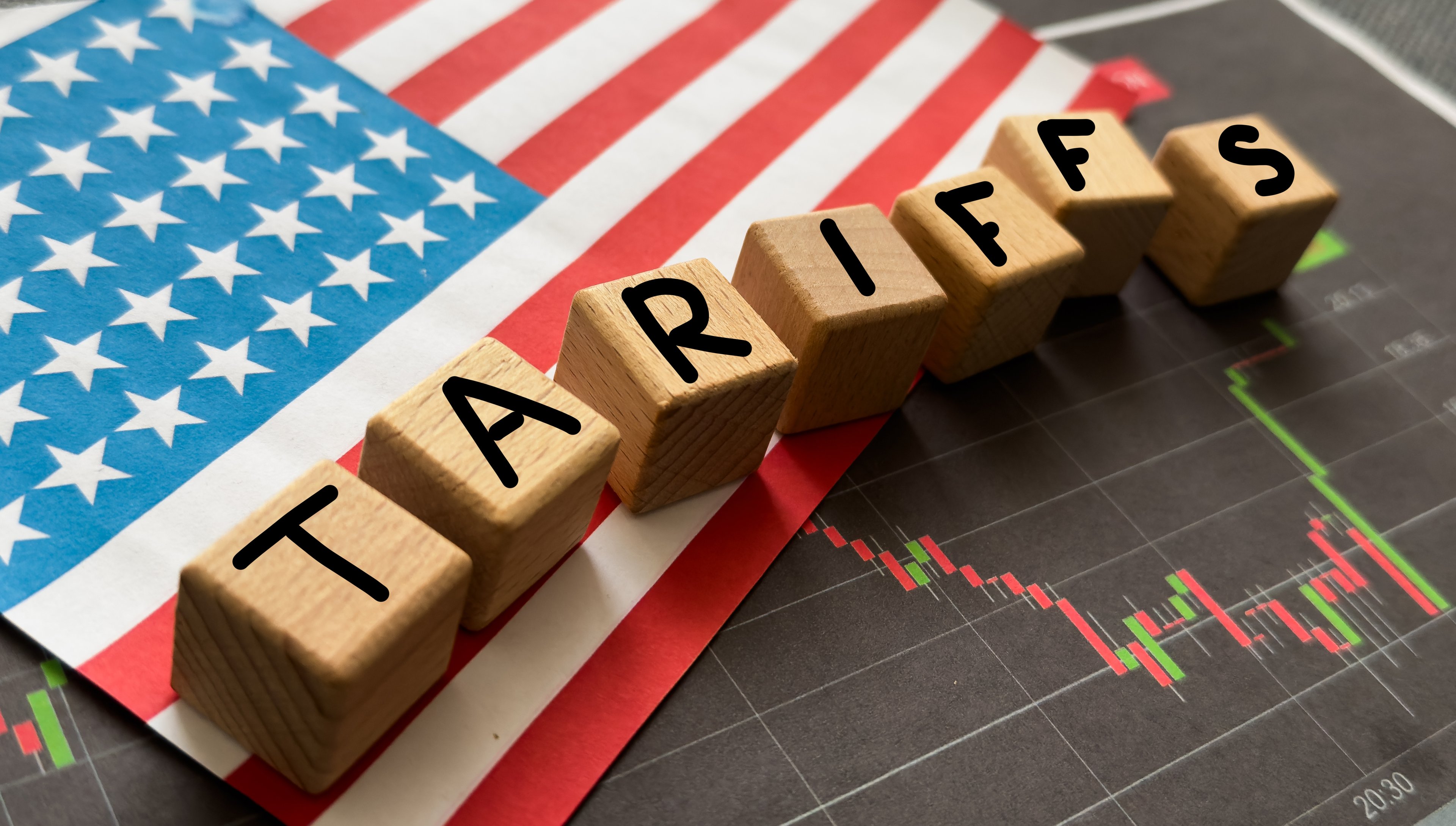Still reeling from allegations in a New York Times article that it has a "brutal" workplace, Amazon (AMZN 1.31%) now has another labor problem on its hands.
The company has been sued by four former drivers for its same-day Prime Now delivery service. Filed in Los Angeles Superior Court the lawsuit charges that the retail leader did not pay legally mandated minimum wages, provide proper breaks, or compensate the employees for working overtime. Most importantly for the company, it charges that the workers should be classified as employees, not independent contractors.

Source: author
Amazon is not alone in facing the question of whether certain workers currently classified as contractors should be considered employees. Alphabet's (GOOG 1.93%) (GOOGL 1.84%) Google has been hit with a similar lawsuit and Uber has faced questions about how it classifies its drivers in a number of states.
It's a thorny labor issue that essentially asks the courts to decide exactly when the line between independent contractor and employee has been crossed.
What does the Amazon lawsuit charge?
The four former Amazon drivers have charged that they performed the functions of employees without receiving the legally required benefits they should have. The lawsuit lays out the allegations as follows:
Defendants schedule plaintiffs to work regular shifts, pay them by the hour, and assign packages for plaintiffs to deliver to Amazon Prime Now customers who place orders for one- to two-hour delivery of all manner of consumer goods using the Amazon Prime Now mobile application. Plaintiffs perform their delivery duties wearing a uniform that identifies them to customers as representatives of Amazon Prime Now. Despite these and other clear indicia that plaintiffs are and were defendants' employees, defendants have classified them as 'independent contractors' and, in so doing, have denied them the benefits and protections of California employment law.
If Amazon were to lose the suit, it would be responsible for back wages and benefits. More importantly, it would have to classify its drivers as employees, which could potentially cost it tens, if not hundreds of millions of dollars.
Amazon is not alone
The question of whether a worker is truly an independent contractor has been an ongoing issue with delivery drivers being a clear point of contention. Both Amazon and Google use drivers hired by a third party.
Shannon Liss-Riordan, the attorney representing the plaintiffs suing Google, told San Francisco Business Times that this type of arrangement is a tactic used by companies to evade liability.
"Large companies are making use of intermediary companies who they can try to pin the blame on when they are accused of misclassifying their workers, or not paying them proper wages," she said. "Here, we expect to show that Google is very involved in establishing the operation and supervising the drivers, just as I expect that will be shown in the Amazon case as well."
What's at stake here?
If Amazon and Google have to classify these workers as employees, then their respective delivery sources may have to raise prices. The economics of the current system is dependent upon using inexpensive contractors. If the courts declare that these workers do not meet the legal requirements of that classification, then costs for the companies will rise.
While it might be hard to see how the justice system will find that these workers are not in fact employees, it's not as cut-and-dried as it seems. For example, World Wrestling Entertainment hasfor its entire existence characterized its wrestlers as independent contractors. Even though the company has full control over their schedules and prevents them from working elsewhere, the sports entertainment company has been able to maintain this classification despite various investigations and lawsuits.
This issue, and the ones raised in The New York Times piece, also create a public relations problem for Amazon. The company generally enjoys a positive reputation with consumers and these charges suggest it's not the progressive company many think it is.
Amazon has a problem here. Its front-line delivery workers, at least some of them, believe they are being mistreated. That has the potential to create all sorts of problems for the company, which needs to take steps to address this. It's partially a question of fairness and partly one of public perception. Either way, it's a ticking time bomb that Amazon (and Google) needs to address.







